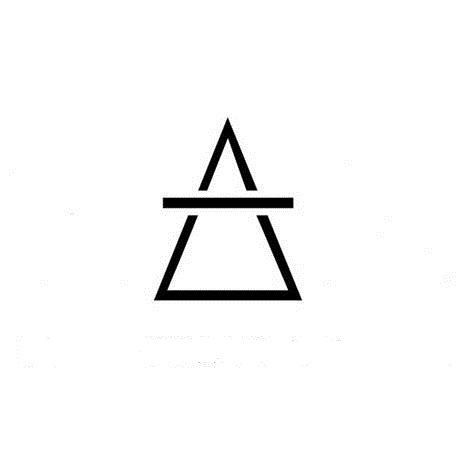Artisans
Ethics and artisans at the heart of our project
The ambition of the PACHAMAMA project is to conduct business in a responsible and ethical way in Bolivia, to participate in the local economy and to value the skills of artisans.
More broadly, this project is part of the concept of Slow Fashion. This concept responds to the desire to give more meaning to our consumption by slowing down our purchasing rythm and favoring better quality products that will last over time. For PACHAMAMA, this means producing sustainable backpacks based on quality materials in the respect of all project stakeholders.
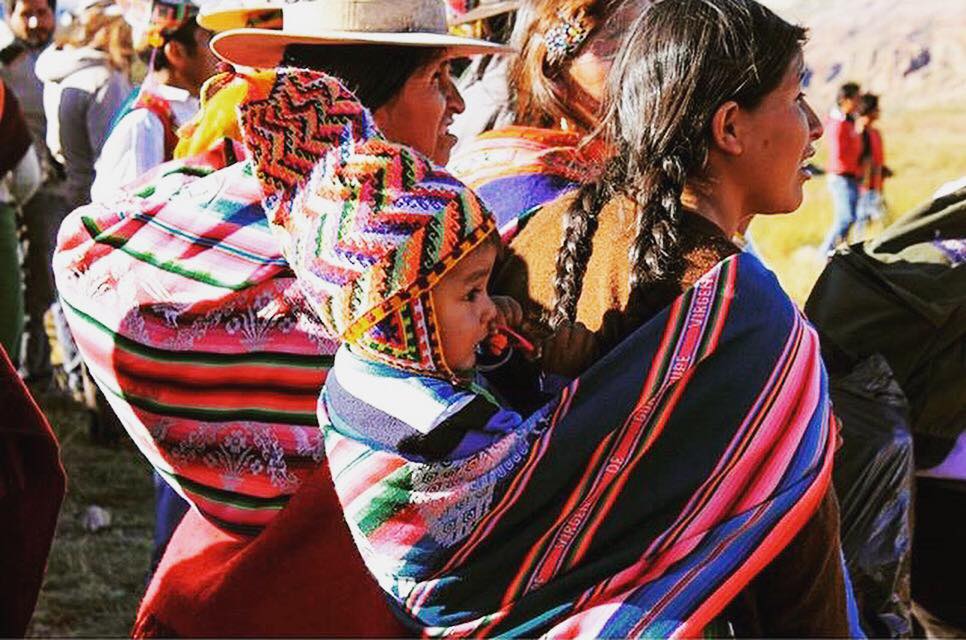

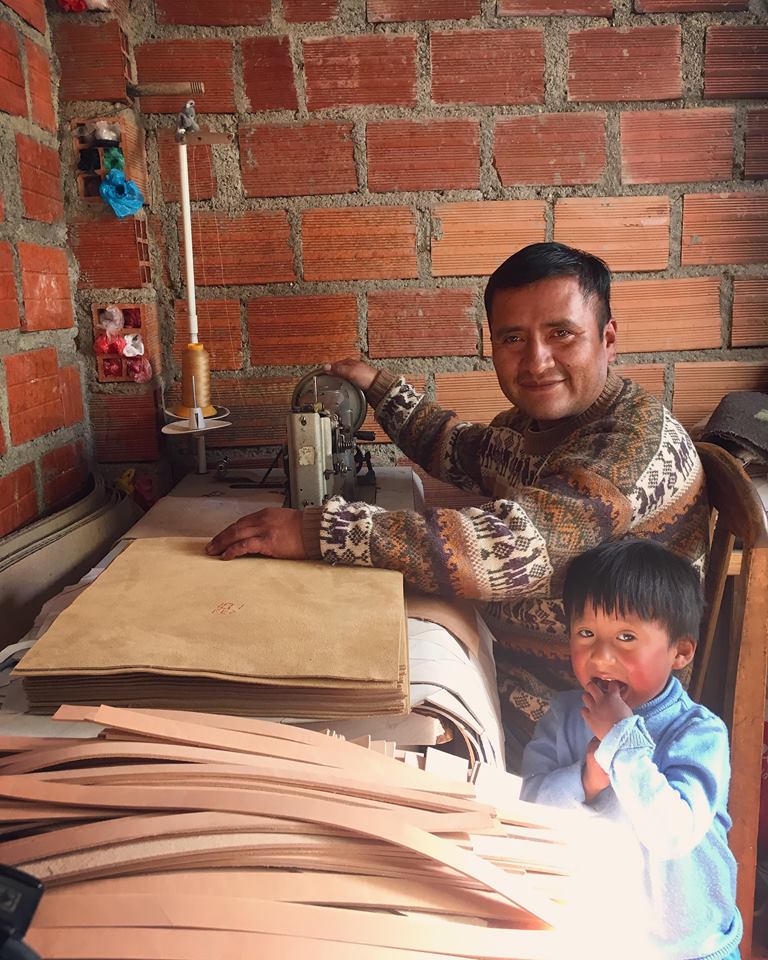

A win-win situation
Fair Trade Workshop
In order to have a positive social impact, PACHAMAMA has entrusted the production of its backpacks to a fair-trade workshop located in La Paz.
This structure referenced by the fair trade label WFTO (World Fair Trade Organization) operates as a cooperative. Each craftsman works from home autonomously.
Thus, the backpacks are entirely manufactured by hands by artisans. A whole day is necessary to produce a backpack.
How the workshop works
The label sets strict standards in terms of working time and remuneration. The wages of the craftsmen are defined in agreement with the World Fair Trade Organization which makes sure that the price defined is a fair price.
Then, PACHAMAMA pays an additional 15% which is donated to the organization. This money is contributing to the proper functioning of the association and ensures a minimum income for artisans in case of illness or inability to work.
PACHAMAMA‘s ambition is to create backpacks differently, with respect for those who produce them.
The choise of materials
We want to manufacture our bags from high quality materials chosen in the region.
The objective is simple: buy local raw materials and focus on small markets to participate in the Bolivian economy and minimize our environmental impact.
Leather: noble and durable material
The backpacks are made of smooth leather and velvet leather from cows.
Flagship material in Bolivian handicrafts, cowhide is renowned for its robustness and flexibility. That’s why we choose every piece of leather with care in order to produce high quality products. Thus, PACHAMAMA backpacks will improve and acquire a beautiful patina over time.
Finally, the use of cowhide in particular allows us to offer resistant backpacks and accessories that will accompany you durably throughout your daily life.
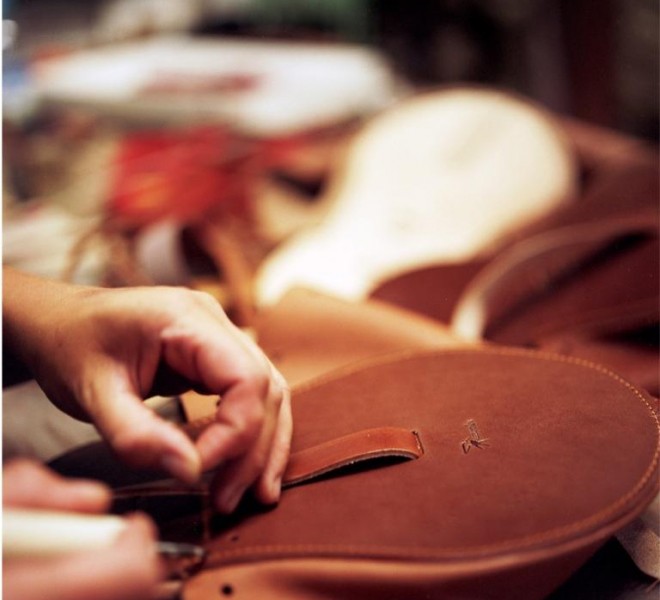

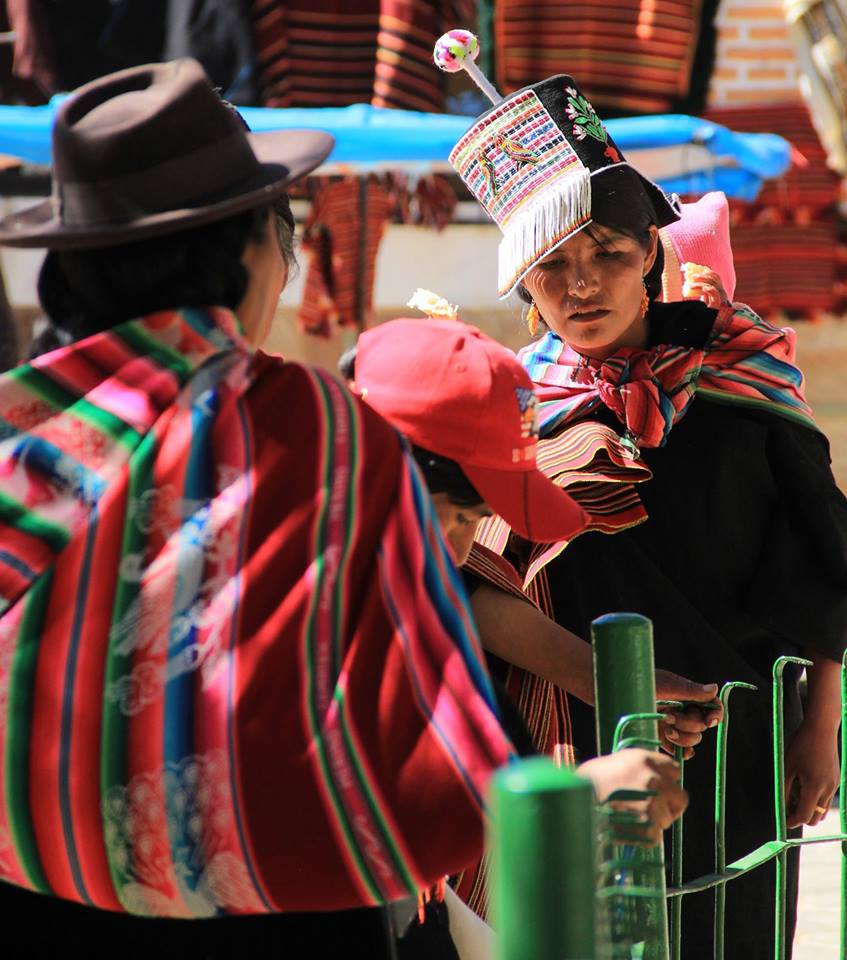

Aguayo fabric : Revalorization of materials
Aguayo fabric is a symbol of Bolivian craftsmanship. Traditionally made of llama wool, aguayo pieces depict the legends of different communities. Symbolic and aesthetic, it remains an everyday object for the Indians of the altiplano.
Unfortunately, aguayo fabric market today faces significant difficulties in Bolivia. Indeed, counterfeits, much cheaper and faster to produce in factory, is growing to the detriment of quality.
Faced with this situation, many workshops formerly specialized in the manufacture of aguayo had to turn to other alternatives to survive – resulting in a rarefaction of know-how.
In view of this, our wish is to contribute at our level to the rehabilitation of this unique craft. That’s why we decided to establish a partnership with a workshop specialized in the manufacture of aguayo of high quality. We work on a daily basis with them on the search for authentic and contemporary motifs. Then we integrate them discreetly and elegantly to our models, inside the flaps.


